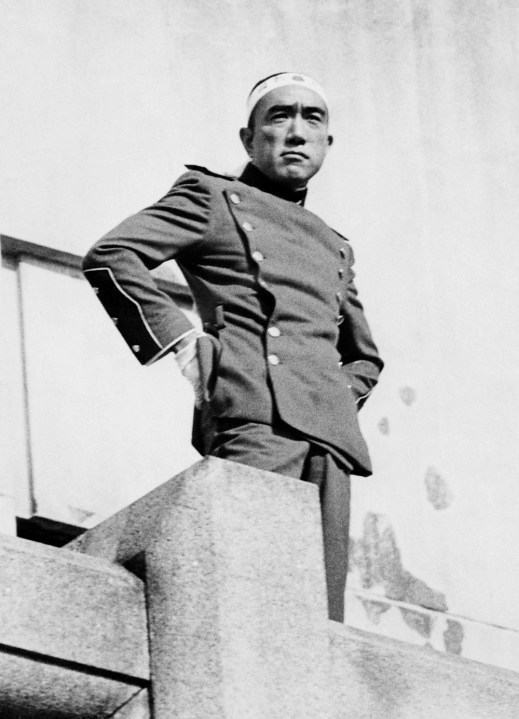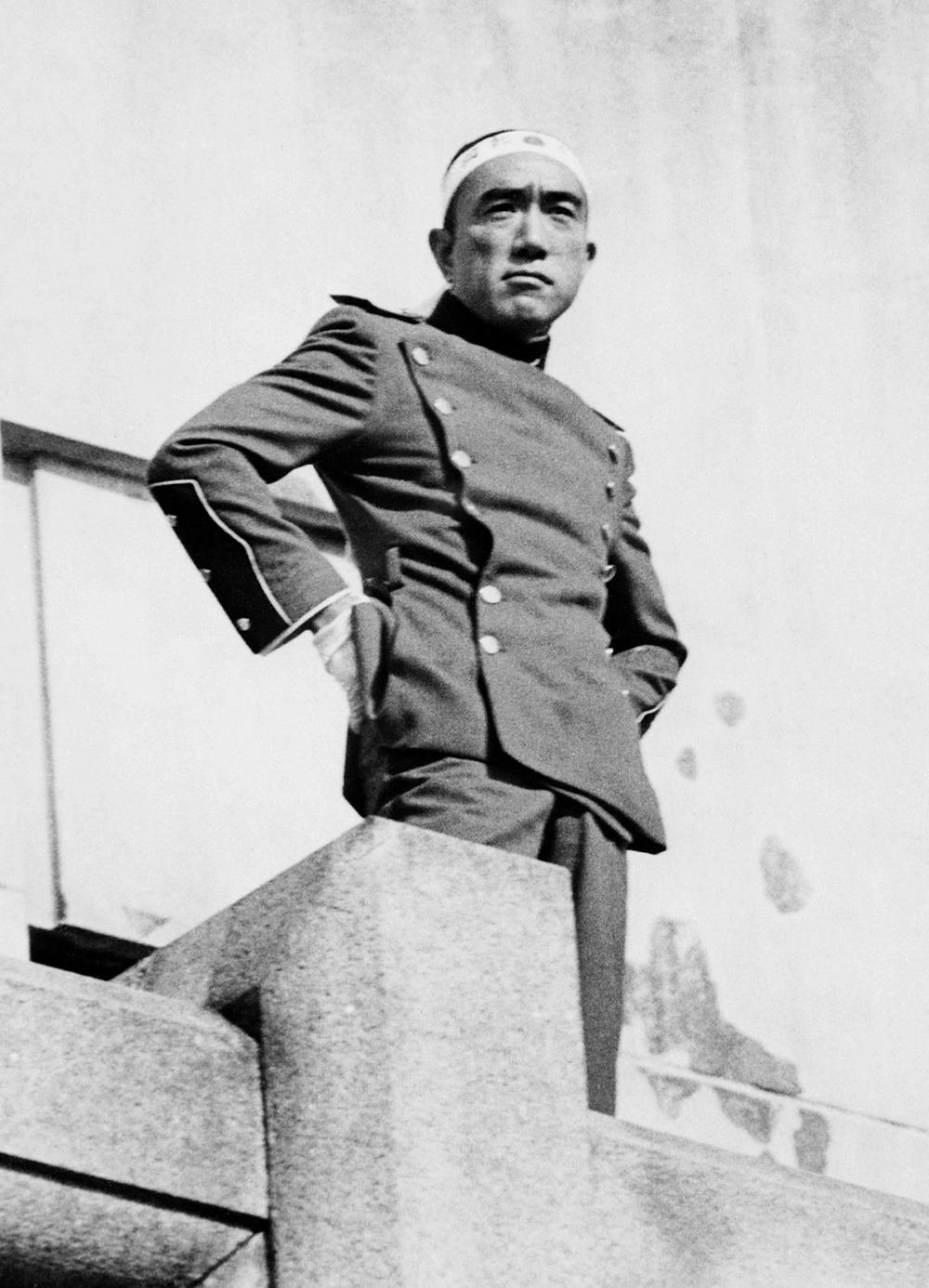
The catalogue of 20th-century writers who committed suicide is long and sad: Sylvia Plath and Virginia Woolf, Ernest Hemingway and Sarah Kane, Stefan Zweig and Marina Tsvetaeva, to name only a few. Yet even amid this litany of literary misery, one name stands out for being perhaps more famous for their death than their work: Yukio Mishima (1925-70), who attempted a military coup before performing ritual suicide – hara-kiri – in the immediate aftermath of its failure. His long-planned, stage-managed, ostentatious and disturbing demise is not unconnected to his work, but it has dominated discussion of the writer ever since, significantly overshadowing his achievements – which were considerable, and led to his nomination for the Nobel Prize in Literature several times in the 1960s. (His friend and rival Yasunari Kawabata would win in 1968, the first Japanese to do so.)
A self-conscious heir to the subtle, ambiguous beauty of Japanese language and literature, Mishima’s work is also a sophisticated fusion of national traditions with external innovations. The vocabulary can have a ferocious sumptuousness, a lavishness and sensuality which both seduces and repels; Mishima’s images, aphorisms and metaphors startle, agitate and excite, remaining for hours in the reader’s imagination.
His plots are frequently alarming, populated by peculiar and alienated outsiders – recluses such as the arsonist monk of The Temple of the Golden Pavilion (1956) or the eponymous mariner of The Sailor Who Fell from Grace with the Sea (1963), whose narratives shatter modern taboos via a disconcerting synthesis of themes, challenging our complacency. Mishima is both a realist, portraying human life with honesty and candour, and a myth-maker, able to romanticise past and present with a beguiling eloquence and troubling emotional power.









Comments
Join the debate for just £1 a month
Be part of the conversation with other Spectator readers by getting your first three months for £3.
UNLOCK ACCESS Just £1 a monthAlready a subscriber? Log in